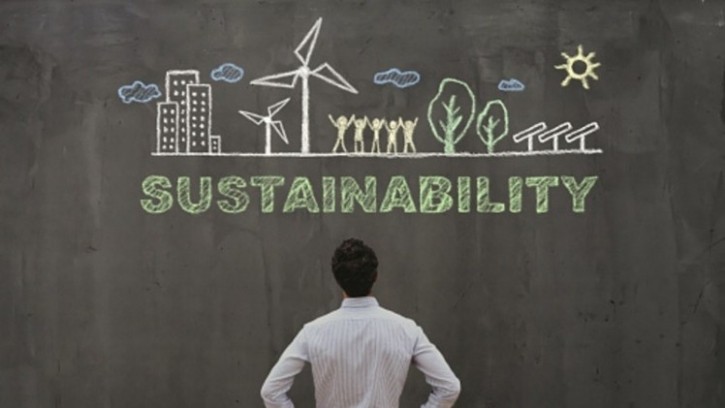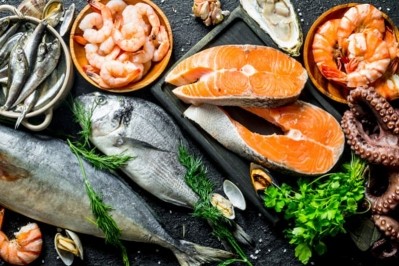Sustainability Snippets: Nestle on satellite tech use, bio-manufacturing in China, tips to boost food resilience and more feature in our round-up

Palm oil replacement ‘not the answer’: Nestle taps satellite tech for sustainability amid EU Deforestation Regulation debate
Nestle has voiced support for the continued use of palm oil in the food and beverage sector amid intense debate surrounding the recently-enacted EU Deforestation Regulation, while also striving to guarantee its supply chain sustainability using advance satellite technology.
The European Union (EU) parliament passed the highly controversial Deforestation Regulation (EUDR) on September 13 2022, which has been subject to intense and continuous scrutiny and protests ever since from many parties, particularly producer nations of commodities such as palm oil, coffee, cocoa and more.
The EUDR has been accused of many things from being a protectionist ploy to the potential catalyst of a new trade war between the EU and South East Asia, with Indonesia and Malaysia also having put aside their differences to present a joint front to the World Trade Organisation (WTO) in protest of it.
Bio boost: Why bio-manufacturing crucial to building lasting eco-friendly food supply in APAC – Tidetron Bioworks
China’s Tidetron Bioworks believes that synthetic bio-manufacturing is growing to be a crucial component of the food and beverage industry based rising demand for sustainable raw materials both in the Asia Pacific region and beyond.
Tidetron was the winner of the Fastest Growing Agrifood Biotech Startup in China award at the recent Future Food Asia (FFA) event in Singapore, based on its wide-ranging portfolio produced via its in-house bio-fermentation technology.
As of June 2023, examples of items made using the firm’s products such as erythritol sweetener and gellan gum include coconut milk, coffee lattes, fruit juices, herbal teas and a variety of alcoholic drinks such as fruit wines.
Mitigating supply chain risks: Alternative sourcing and top-level food sector commitment key to boost resilience – Nestle, Rabobank
Food and beverage business leaders in Asia need to issue clear and committed directives for supply chain resilience and secure alternative sourcing regimes to mitigate future disruption risks.
This was the conclusion drawn by an expert panel that convened at the recent Food and Beverage Innovation Forum (FBIF) in Shenzhen, China, which comprised of Nestle Oceania Regional Supply Chain Executive Director and SVP Tony Domingo and Rabobank China CEO Harjan Kuiper.
According to Domingo, these changes need to be made from the very top or even the best strategies in the world will not be able to benefit a company’s supply chain management.
Survival of the conscious: How APAC plant-based industry must evolve to overcome consumer fatigue and avoid post-hype failure
The Asia Pacific plant-based industry needs to evolve marketing and innovation strategies to be more in line with local consumer needs if it hopes to avoid consumer marketing fatigue as well as any potential post-hype slump as has been seen in other regions.
Although the plant-based products sector has seen some of the most exponential growth in the global food and beverage industry, over the past few months the sector has hit major stumbling blocks in some of its most mature markets.
Will AI make human roles obsolete? Three major concerns about the use of AI in food production
There are three major concerns about the use of AI in the food industry, with the majority of benefits at present related to market research and advertising strategies – as evidenced by Coca-Cola – according to an industry expert.
With the rise of AI in food and beverage sector over the years, there have been heated debates over the wisdom of handing over too much control in the name of automation.
One of the most advanced markets in terms of technological advances over the past decade is undoubtedly China, with technology and AI being implemented in many facets of the food value chain from production to processing to retail and e-commerce – but even here, these concerns are still present.
















